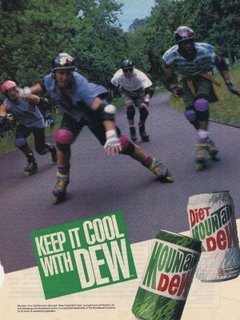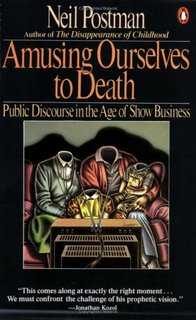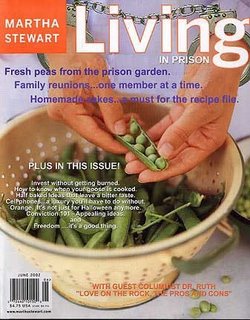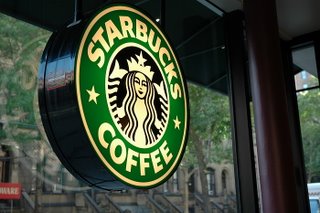I just finished the Bill Buford article in
The New Yorker and I have to wonder: Why does the Food Network always get such negativity from foodies?
The topic of the value of the Food Network interests me greatly because I have such fondness for the programming. I credit Rachel Ray and Alton Brown with my interest in cooking. "30 Minute Meals" makes cooking seem accessible. You can argue about "real"* cooking and the use of something as egregious as pre-cut cabbage, but Ray presents the non-cook with a vision of something possible. Her show is without frills and it is in real time. There are no mysterious time lapses wherein the raw roast becomes a succulent dinner. There are no neat stacks of mise-en-place. We even see her opening up ugly supermarket packages.** It may not be "real" cooking in the eyes of gourmands, but it is real in some other, more important ways.
For me "30 Minute Meals" was a non-threatening gateway to cooking. I probably only tried a couple of recipes from her show, but it got me started. And it lead me to Alton Brown with whom I credit my food fanaticism. From him I got a taste for cooking for fun, for learning about techniques, and for seeking further research.
And this is how the Food Network (perhaps uniquely) worked for me. I moved on. I left the living room for the kitchen. Increasingly, I am beginning to believe that this was not just the television's doing, that I had always been a foodie at heart and this gave me an outlet. But would I have started cooking if the Food Network did not exist? Or even if Rachel Ray did not exist? I do not believe so. Mario Batali will not get America into the kitchen. A recipe for Veal with Egg Sauce: Vitello Brodettato in the episode titled "Saturday Lunch" on
Molto Mario includes lard, prosciutto, and veal. In that same episode, Mario asks us to deep-fry cauliflower in Extra Virgin Olive Oil. My God, his recipes seem inaccessible even now! Buford complains that "The two essential premises of '30 Minute Meals'—no one knows how to cook and everyone is in a hurry—now inform most instructional cooking shows." Is that not where we are as a nation? Are those not the reasons why many do not cook?
The Food Network is no more for gourmands than The History Channel is for historians. It is television entertainment about cooking and as such, fills a much-needed void. If cooking can be fun, simple, and attainable, maybe it can spawn greater things. Hopefully, viewers will (like I) experience the programming as a gateway drug of gastronomy.
On a side note, I must complain a bit about Buford's comments regarding Julia Child. In his closing paragraph, he notes "Ours is a different audience from the one that watched Julia Child. In 1962, 'microwave oven' and 'fast food' hadn’t entered the national lexicon. And restaurants were more expensive. " I read a biography of Mrs. Child this summer (a superb read, I must say), and one of the points made about her show was that she was teaching the non-cooking American world how to cook. So, no Bill, our world is not the same as it was in 1962, but people were not cooking dramatically more. (Think about the enthusiasm surrounding prepackaged foods in the '50s.) If anything, I would argue ("would" because I do not have sufficient supporting evidence at my fingertips) that America knows more about cooking and is more conscious of its food than in 1962--in great part because of Child's legacy.
So, in conclusion, give the Food Network a break, alright? Or better yet, give them some credit for teaching America to be interested in food and maybe, just maybe, to learn to cook.
-Jenny
*Can we define "real" cooking? Please comment.
**Oh yeah, and another thing! Bill Buford complains about not seeing dirty carrots and cuts of meat that look anything like the animals from which they came. Where
do we see those things? The Food Network cannot present us with products that are not readily available in our supermarkets. That we don't see "real food" on TV is just another manifestation of the state of American foodways.







